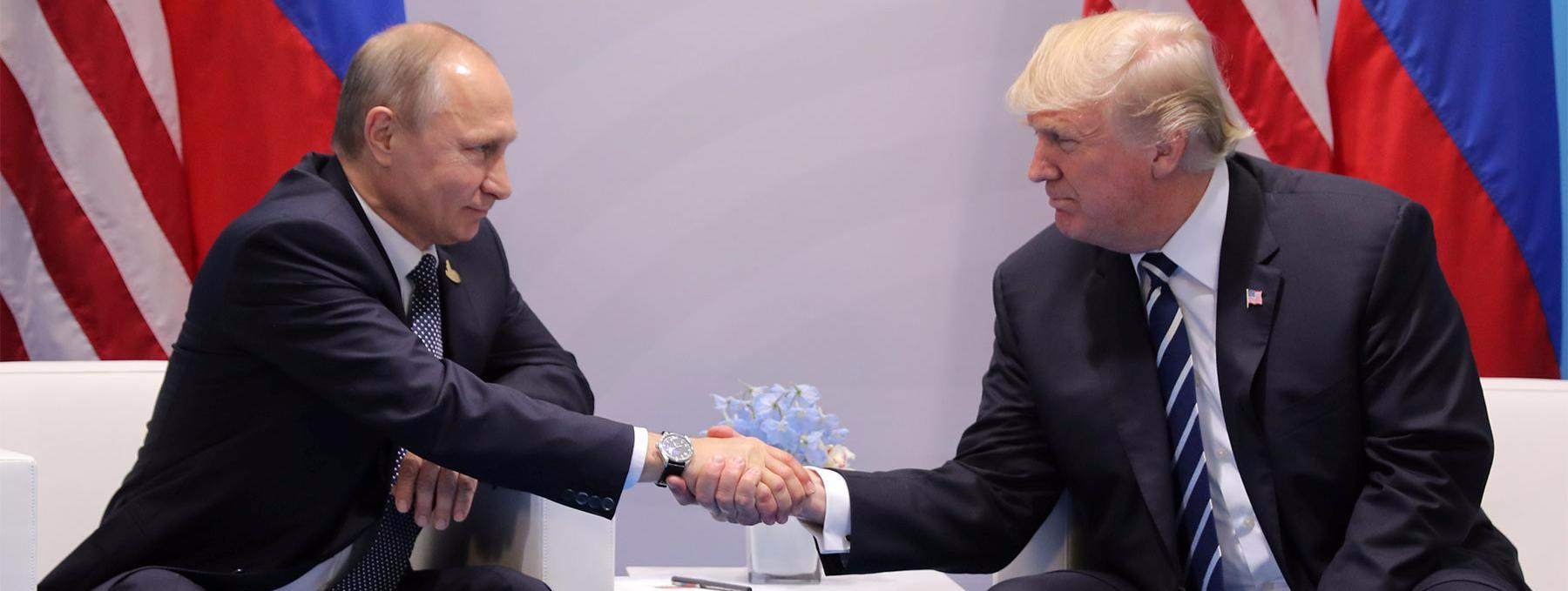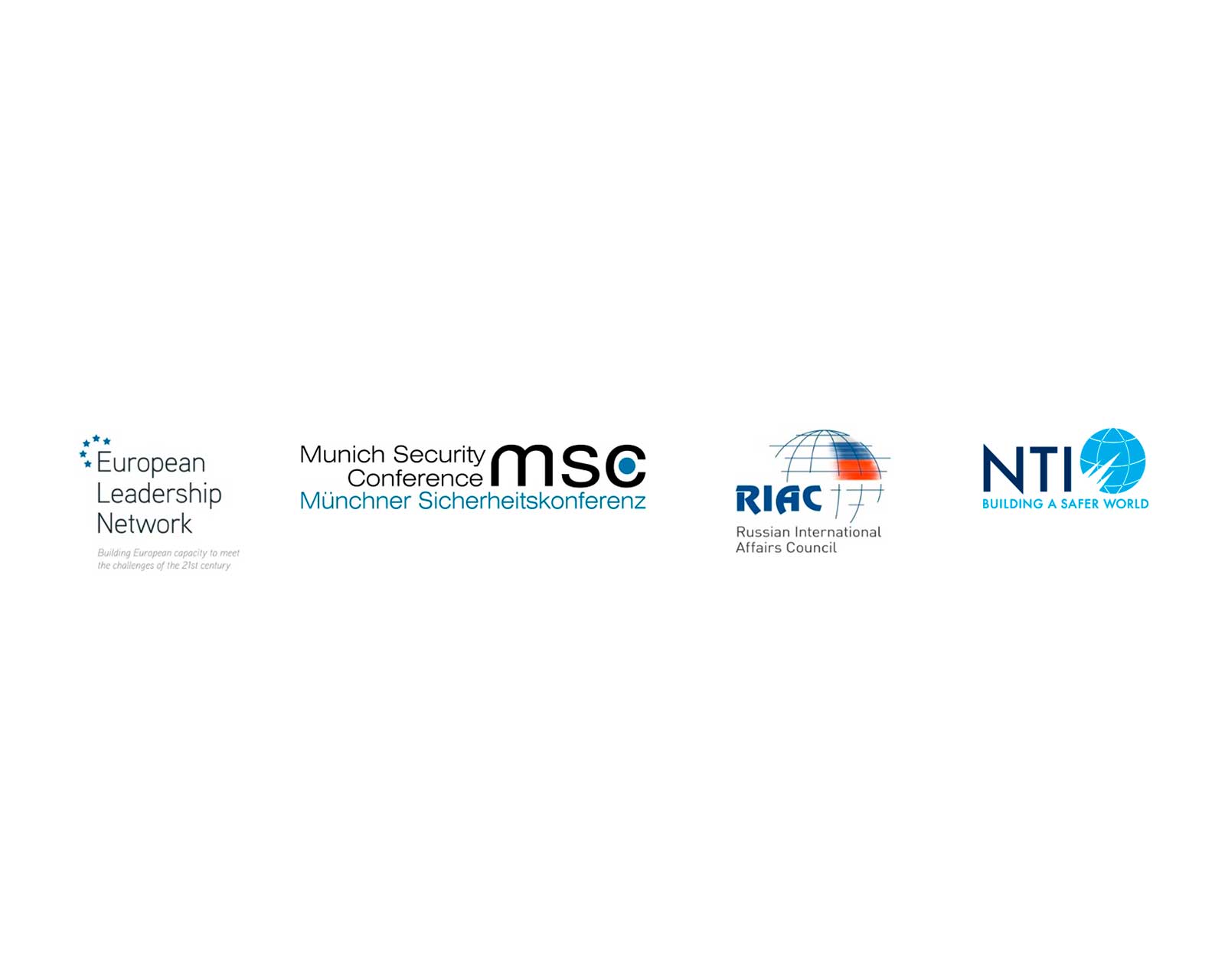U.S. President Donald Trump has signed a law that expands the sanctions package against Russia. The law was passed unanimously by both Houses of Congress, something that has not happened very often in recent years. Subsequently, the Russian response was swift.
This has become the new normal in U.S.–Russia relations. We could, of course, talk endlessly about why this has all happened and what could have been done to prevent such a turn of events. But what good would that do? As things stand, there is no going back for either side. This is why it is far more important to detach ourselves from our emotions.
Sanctions are, of course, no good! Still, there is no reason to fall into despair. Ultimately, globalism dictates the rules for everyone – both for those who impose the sanctions and for those who are affected by them. The world is full of problems that require extensive international cooperation to deal with. This is why there are more than enough areas in which Russia and the United States can, and should, based on their objective interests.
In today’s world, all states are preoccupied with security issues. Most likely, the remainder of the 21st century will continue to unfold under conditions of growing security risks and challenges. And there will be fewer and fewer islands of stability. Every day, reports come in from all over the world about yet another terrorist attack that has claimed the lives of dozens, if not hundreds, of people. For the time being, suicide bombers are content to use conventional explosives to achieve their ends. But that is only for the time being. There is no guarantee that they will not get their hands on far more deadly weapons. It is just a matter of time before they do, unless the international community recognizes this threat and comes together in order to put a reliable defensive screen in place.
Russia and the United States are not simply the largest nuclear superpowers. Objective circumstances have aligned themselves in such a way that Russia and the United States are capable of steering the world towards confrontation or cooperation. The fact that Washington continues to impose sanctions against Russia, and that Russia invariably takes retaliatory steps and will be content in the near future to plot against each other.
Thus, paradoxical as it may sound against the backdrop of the openly hostile and short-sighted actions of the American side, Russia and the United States have no choice but to look for opportunities for cooperation. During their meeting in Hamburg, Vladimir Putin and Donald Trump spoke in favour of cooperation. They identified very specific areas in which cooperation could take place, namely Syria, Ukraine and in the field of cybersecurity. The two sides need to expend a great amount of effort in order for these agreements to be implemented. Only then will trust gradually start to be restored, and only then will the sanctions fade away.
The event that some politicians tried to prevent and which others, on the contrary, tried to hasten, has arrived: U.S. President Donald Trump has signed a law that expands the sanctions package against Russia. The law was passed unanimously by both Houses of Congress, something that has not happened very often in recent years. Subsequently, the Russian response was swift.
This has become the new normal in U.S.–Russia relations, and it looks like we will all have to live and deal with it for a long time to come. We could, of course, talk endlessly about why this has all happened and what could have been done to prevent such a turn of events. But what good would that do? As things stand, there is no going back for either side. This is why it is far more important to detach ourselves from our emotions, which in any case are never a good place to turn to for advice, and, having assessed the situation with a clear head, think about what to do next.
Sanctions are, of course, no good! No good at all! It doesn’t matter what they might say, sanctions have never done anyone any good. Still, there is no reason to fall into despair. Ultimately, globalism dictates the rules for everyone – both for those who impose the sanctions and for those who are affected by them. The world is full of problems that require extensive international cooperation to deal with, and their number is only growing. This is why there are more than enough areas in which Russia and the United States can, and should, based on their objective interests, develop a system of cooperation. Right now, it is imperative that we identify these areas of cooperation quickly so that we do not miss opportunities that might present themselves, however limited they may be.
In today’s world, all states – large and small, rich and poor – are preoccupied with security issues. Most likely, the remainder of the 21st century will continue to unfold under conditions of growing security risks and challenges. And there will be fewer and fewer islands of stability, until barely any remain at all. Every day, reports come in from all over the world about yet another terrorist attack that has claimed the lives of dozens, if not hundreds, of people. For the time being, suicide bombers are content to use conventional explosives to achieve their ends. But that is only for the time being. There is no guarantee that they will not get their hands on far more deadly weapons. It is just a matter of time before they do, unless the international community recognizes this threat and comes together in order to put a reliable defensive screen in place.
Russia and the United States are not simply the largest nuclear superpowers. Objective circumstances have aligned themselves in such a way that Russia and the United States are, more than any other countries, capable of steering the world towards confrontation or cooperation. The fact that Washington continues to impose sanctions against Russia, and that Russia invariably takes retaliatory steps, gives cause to believe that the two countries have embarked upon a long separation, and will be content in the near future to plot against each other. If we start down this path, then the chickens will come home to roost very quickly. Mark my words.
Thus, paradoxical as it may sound against the backdrop of the openly hostile and short-sighted actions of the American side, Russia and the United States have no choice but to look for opportunities for cooperation. During their meeting in Hamburg, President of the Russian Federation Vladimir Putin and President of the United States Donald Trump spoke in favour of cooperation. They identified very specific areas in which cooperation could take place, namely Syria, Ukraine and in the field of cybersecurity (which is of particular relevance right now). The two sides need to expend a great amount of effort in order for these agreements to be implemented. Only then will trust gradually start to be restored, and only then will the sanctions fade away.
Firstly published: The Moscow Times






